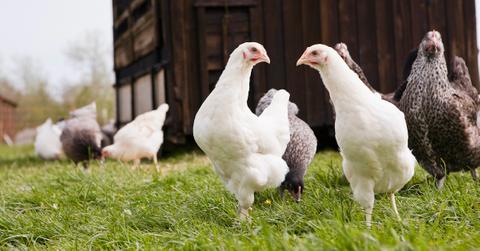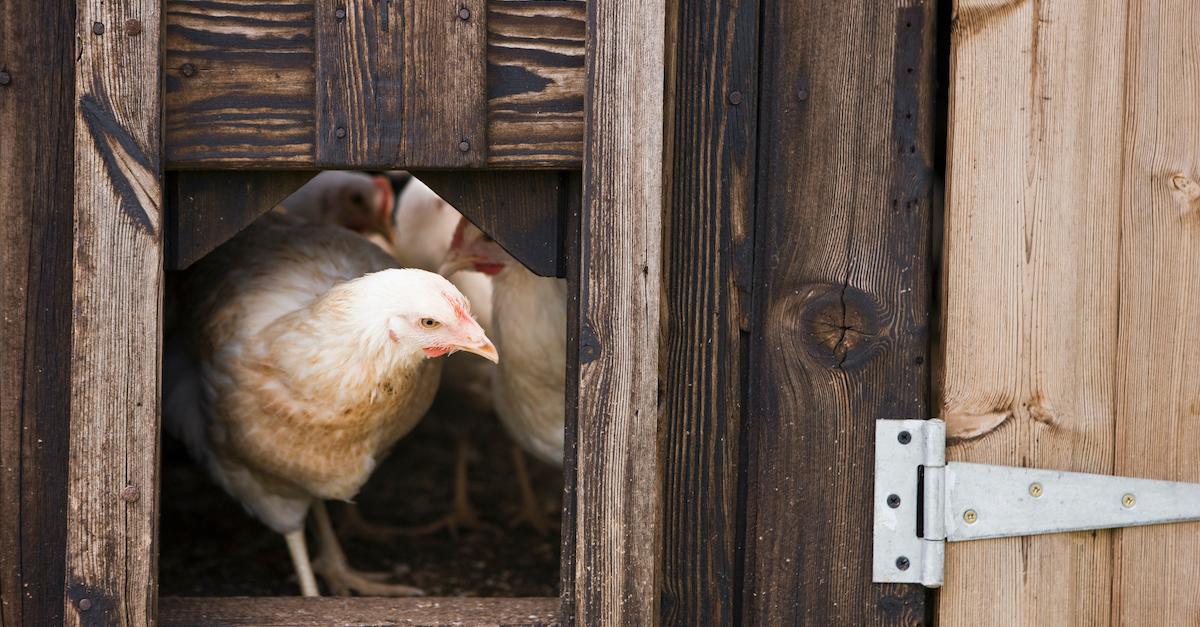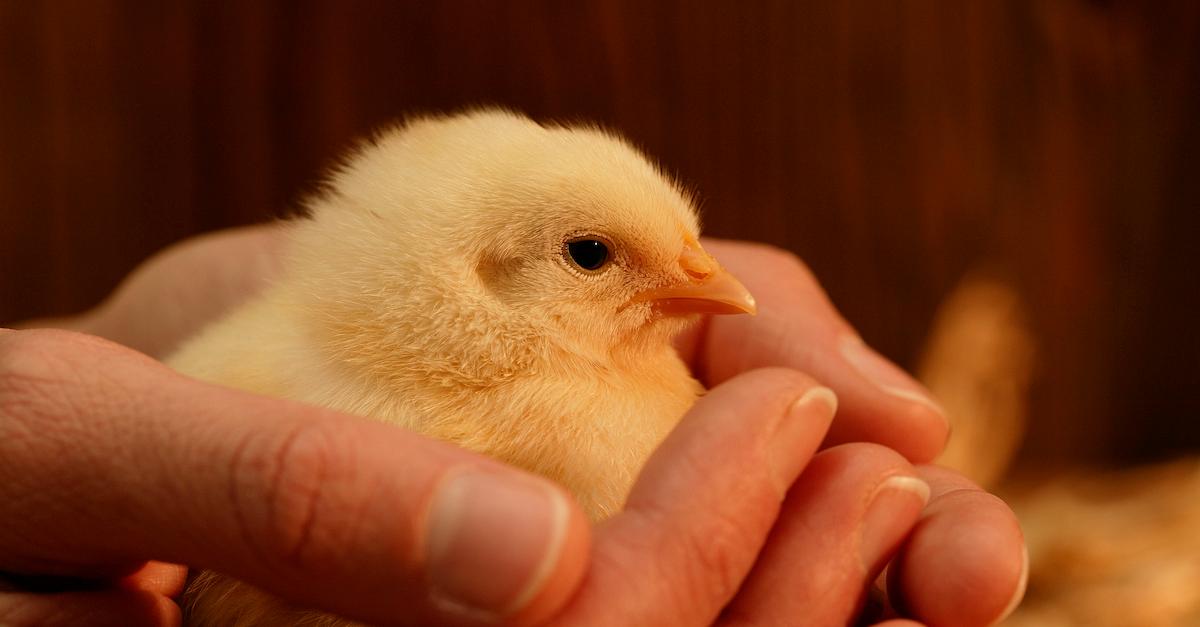A Guide to Keeping Backyard Chickens
Published Jan. 12 2021, 3:42 p.m. ET

Keeping backyard chickens has many sustainable advantages, from being able to source your own meat and eggs, to creating and maintaining a compost pile, to helping with pest control. Chickens naturally bio-recycle kitchen, garden, and yard waste by breaking down the biomass and ultimately reducing the waste you send to the landfills.
So, where do you start? First, you’ll want to start with the chickens. Keep reading for a step-by-step tutorial on how to keep backyard chickens.
1. Pick your chickens

If you want to skip the process of raising baby chicks, you can fast-forward right to ready-to-lay pullets. Hens that are 20 weeks old are ready to start laying eggs and mature egg-laying hens have been doing it for a while and are ready to go. However, mature hens are generally more difficult to find. Another advantage of skipping to mature hens is that they can live outside in a coop ASAP, while baby chicks need to be inside for about six weeks before they can move into the coop.
If raising baby chicks founds appealing, you can start raising them from as young as a day old. You can find day-old chicks at hatcheries and farm suppliers, usually for about $3 each. The disadvantage, of course, to buying baby chicks instead of ready-to-lay pullets means you will have to wait about six months for your chicks to mature enough to lay eggs.
2. Prep the baby chicks indoors

Baby chicks need warmth, so they have to stay indoors until they are six weeks old. They need to drink clean water, eat chick starter, and live in an indoor brooder pen with a red brooder lamp on at all times, at 92 degrees Fahrenheit. When your chicks “feather out,” or lose their coat of chick feathers, you can reduce the temp by 2 degrees.
For the floor of the brooder pen, spread a 4-inch layer of pine shavings, then add several layers of newspaper on top. You can actually scatter chick feed over the paper so the chicks can find the feed easier. Chicks should have access to food and water at all times. They should stay inside until six weeks old; at 10 weeks, you can change their food from chick starter to grower mash.
Building or buying a coop
Once your chicks are ready to live outside, you will need a coop for them to live in. The coop will be your chickens’ home base. They will live here, lay eggs here, and be protected from chicken-loving predators like raccoons and fox and even dogs.
Amazon sells chicken coops online or you can make your own if you’re handy. Coops generally need southern exposure to the sun (warmth causes hens to lay more eggs), a door, a floor, a fenced-in area, and of course, proper ventilation.
Coop-training chickens
If you are raising free range chickens, teaching them the coop is home is vital — it's where they eat, drink, sleep, and lay eggs in safety. If they aren't trained to return to a home base, they could run away or lay eggs outside your property. So, to train them, keep them confined in the coop for a few weeks once they transition outside, before letting them loose. This should teach them to return to the coop at night or if they feel unsafe.
Nighttime is a prime time for predators, so you'll want to make sure your chickens go inside the coop the same time every night. Installing a roof and walls that raccoons and other predators cannot penetrate is also necessary.
Training chickens to lay eggs
Chickens lay eggs naturally. From the moment your hens begin laying eggs, you will have to take them away. This is especially crucial in the beginning of your chicken-raising process. You have to show the chickens that you will be taking the eggs from them. If they learn to expect the eggs be taken very early on, then they will not sit on them.
Of course, sitting on the eggs causes the eggs to eventually hatch into more baby chicks. Chickens will sit on their eggs naturally, but if you train them early on, they will ditch their eggs after having them, leaving you time to fetch them from the coop.